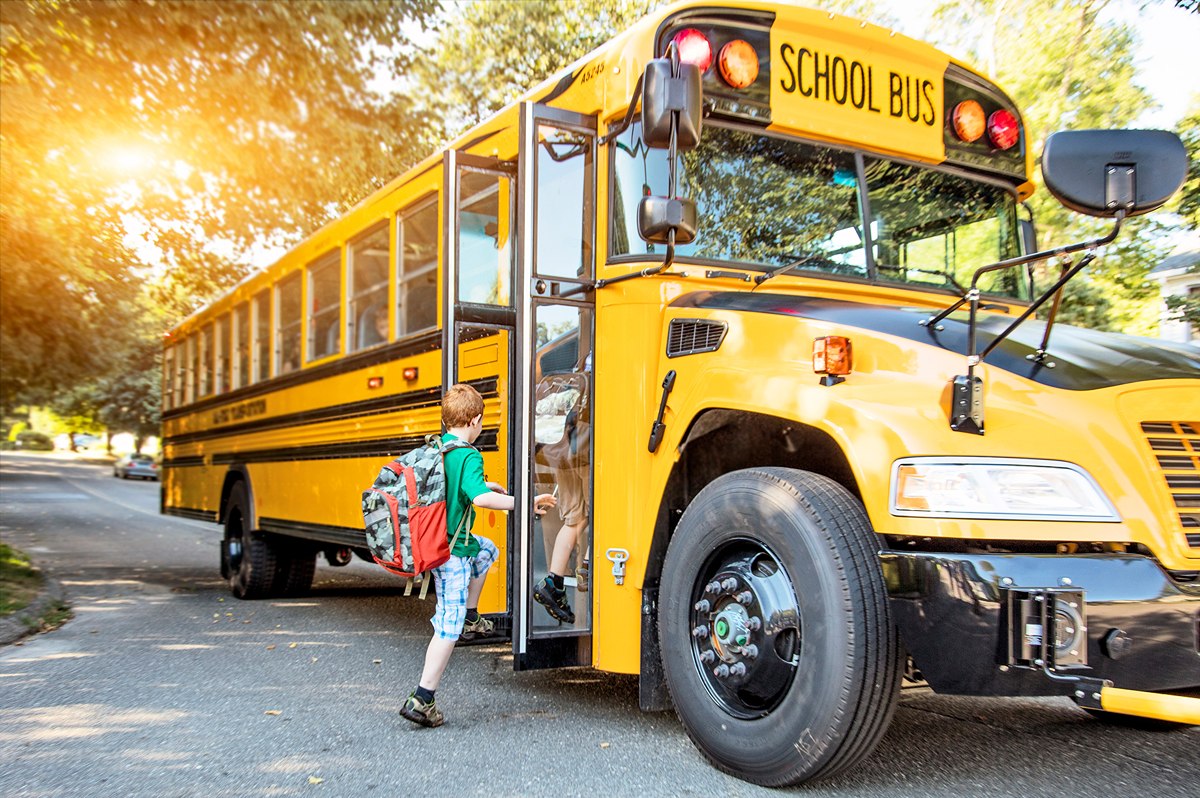What Arizona Law Says About Parenting Time Exchanges at School or Daycare

For many Arizona families, school or daycare can serve as a neutral and convenient location for these transitions. But what does Arizona law actually say about parenting time exchanges at these locations?
- Understanding Parenting Time Exchanges Under Arizona Law
- Why Schools and Daycares Are Common Exchange Locations
- Real-World Example: Phoenix-Area School-Based Exchanges
- Sample Language for Parenting Plans Involving School Exchanges
- The Impact of Exchanges on Child Support and Custody
- 7 Frequently Asked Questions About Parenting Time Exchanges
- How Lucas Law Can Help You Build a Practical Parenting Plan
In Arizona, the law prioritizes the best interests of the child when making decisions regarding custody and parenting time. That includes when and where transitions between parents should occur. Whether exchanges take place at a parent’s home, a neutral location, or the child’s school or daycare, the courts expect that the arrangement will support the child’s emotional well-being and promote a cooperative environment between parents.
Licensed Legal Paraprofessional Alison Lucas of Lucas Law has helped many families across Maricopa and Pinal counties create parenting plans that include explicit, workable exchange provisions. With over 20 years of experience in family law, Alison understands the importance of using detailed language in court orders to avoid misunderstandings and prevent conflict, especially during school drop-off or pick-up.
Understanding Parenting Time Exchanges Under Arizona Law
When determining parenting time orders, the court considers various factors listed in A.R.S. § 25-403, including:
- The child’s best interest
- The relationship between the child and each parent
- How well the parents can cooperate
- The practical logistics of exchange
Arizona courts encourage parents to submit a written parenting plan that outlines all exchange locations, methods, and times for exchanging children.
This helps minimize conflict and confusion later, especially during school transitions.
Why Schools and Daycares Are Common Exchange Locations
- Neutral setting: Parents don’t have to interact face-to-face, reducing tension.
- Consistency for the child: The routine of drop-off and pick-up remains uninterrupted.
- Safety and supervision: Many schools and daycares provide secure environments.
These factors are especially helpful when there is a history of conflict between parents or if a parent’s parenting time begins or ends during school hours.
In many Arizona child custody cases, judges often prefer school exchanges to minimize disruption to the child’s daily routine.
When included in a parenting plan, a school or daycare exchange provision helps clarify exactly when one parent’s responsibility ends and the other’s begins, preventing disputes over support obligations, missed visitation time, or accusations of interference with custody rights.
Real-World Example: Phoenix-Area School-Based Exchanges
A family residing in Chandler, Arizona, with two children attending Kyrene de la Mirada Elementary.
Parenting Time Schedule:
- Mom has parenting time from Monday after school through Thursday morning.
- Dad has Thursday after school through Monday morning.
Exchange Language:
- The parenting time exchange occurs at the school. Mom drops the children off on Thursday morning, and Dad picks them up at the school on Thursday afternoon.
This type of exchange minimizes direct interaction between parents while allowing the children to maintain a steady school routine. It also provides documentation through school records in case there’s ever a dispute about who picked up the child.
Sample Language for Parenting Plans Involving School Exchanges
Here’s an example clause that could be used for school exchanges:
“On all school days when parenting time changes from one parent to the other, the parent ending their parenting time shall drop the child off at school at the usual time, and the parent beginning their parenting time shall pick the child up from school at the end of the school day. If the child is not in school on that day, the exchange shall occur at [an alternate agreed-upon location] at [a specified time].”
Including backup plans for school holidays, early release days, or sick days is also recommended.
Lucas Law helps parents develop exchange provisions that reflect the child’s best interests while also protecting each parent’s rights and preventing common pitfalls that arise during transitions.
The Impact of Exchanges on Child Support and Custody
Here’s how:
- The income shares model used in Arizona takes into account the number of days each parent has the child in their care.
- More overnights with one parent can reduce that parent’s fundamental child support obligation.
- Missed exchanges can result in a court modifying child support payments if they change the actual time spent with the child.
For example, if a parent consistently fails to pick up the child from school on their scheduled days, it could affect their support obligations and possibly lead the court to change custody or parenting time rights.
7 Frequently Asked Questions About Parenting Time Exchanges
- Can school or daycare be the default location for all exchanges?
- Yes, if both parents agree or the court orders it. School-based exchanges are often preferred for consistency and reduced conflict.
- What happens if a parent doesn’t show up at school to pick up the child?
- The other parent or school will usually contact the noncustodial parent. Repeated failures can be reported to the court and may lead to a modification of the parenting time order.
- Does this affect child support in Arizona?
- Yes. If actual parenting time differs significantly from the plan, it can affect the total child support amount under the Arizona child support guidelines.
- What if school is closed or canceled on the exchange day?
- Your parenting plan should include a backup plan for non-school days to avoid confusion.
- Can school staff refuse to release the child to a parent?
- Not if the parent has the legal right under the custody or visitation order. Providing the school with a copy of the court order is crucial.
- Do both parents need to be listed as emergency contacts?
- Usually, yes. Unless one parent has sole legal decision-making authority, both parents have right to information and access.
- Can exchanges at school reduce conflict between parents?
- Yes. This is one of the main benefits. It avoids direct contact and makes the transition smoother for the child or children.
Follow Us on Social Media
Schedule a Free Consultation
Search Our Website

How Lucas Law Can Help You Build a Practical Parenting Plan
Because LPs like Alison are licensed to represent clients in family law matters, they provide a more affordable alternative to a traditional family law attorney, without sacrificing the legal skill and care your case deserves. Lucas Law serves clients across the Phoenix metro area, including Scottsdale, Tempe, Mesa, Chandler, and surrounding counties.
Contact Lucas Law today at (480) 710-1770 or visit lucaslawaz.com to schedule your free consultation. Let us help you create a plan that supports your children and protects your rights.
Real Client Reviews
[sp_testimonial id="783"]
Need Help? Get In Touch

